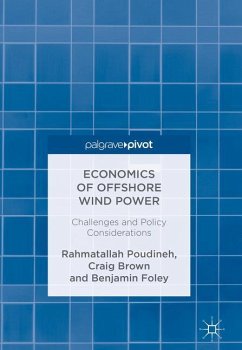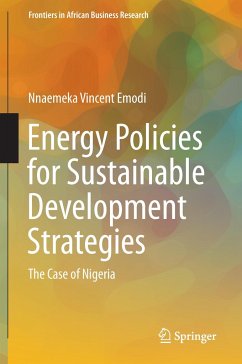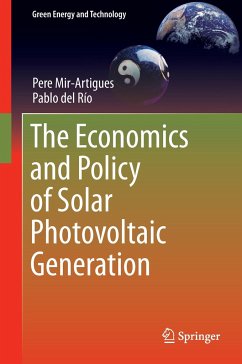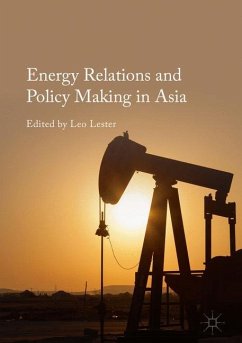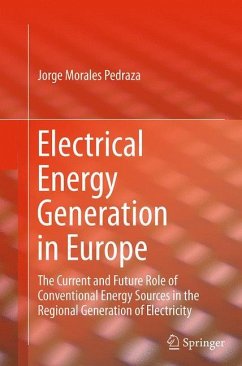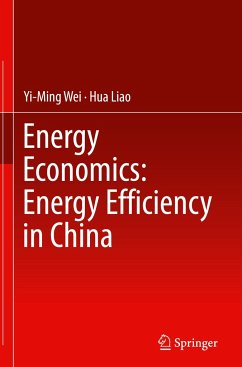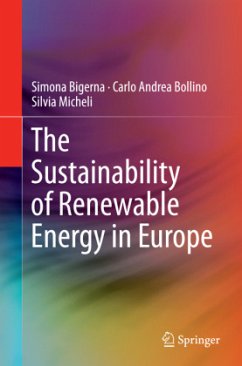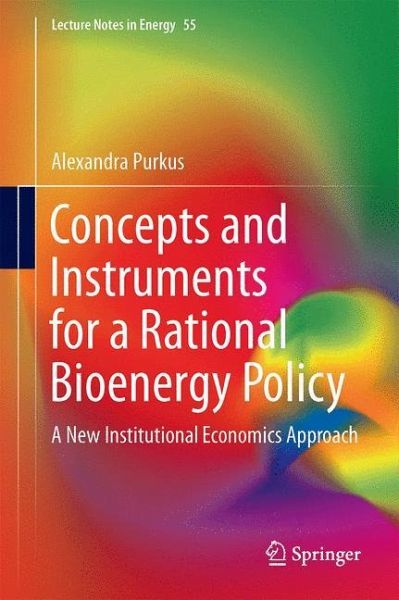
Concepts and Instruments for a Rational Bioenergy Policy
A New Institutional Economics Approach
Versandkostenfrei!
Versandfertig in 6-10 Tagen
76,99 €
inkl. MwSt.
Weitere Ausgaben:

PAYBACK Punkte
38 °P sammeln!
This book provides an in-depth economic analysis of the challenges associated with bioenergy use and production. Drawing on New Institutional Economics and the theory of economic policy, it develops theory-based recommendations for a bioenergy policy that strives for efficiency and sustainability. Further, it shows how to deal with diverse uncertainties and constraints, such as institutional path dependencies, transaction costs, multiple and conflicting policy aims, and interacting market failures, while also applying the resulting theoretical insights to a case study analysis of Germany's bio...
This book provides an in-depth economic analysis of the challenges associated with bioenergy use and production. Drawing on New Institutional Economics and the theory of economic policy, it develops theory-based recommendations for a bioenergy policy that strives for efficiency and sustainability. Further, it shows how to deal with diverse uncertainties and constraints, such as institutional path dependencies, transaction costs, multiple and conflicting policy aims, and interacting market failures, while also applying the resulting theoretical insights to a case study analysis of Germany's bioenergy policy. As such, the book aims to bridge the gap between practical bioenergy policymaking on the one hand, and neoclassical theory-based concepts that strictly focus on a minimization of greenhouse gas mitigation costs on the other.






